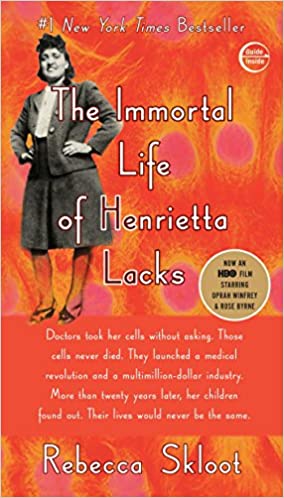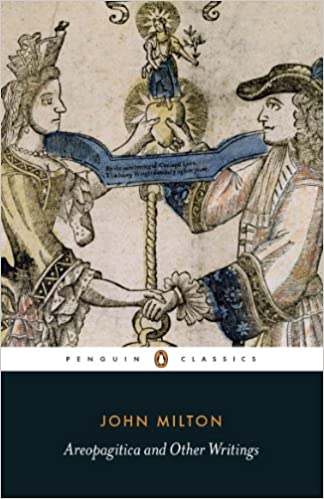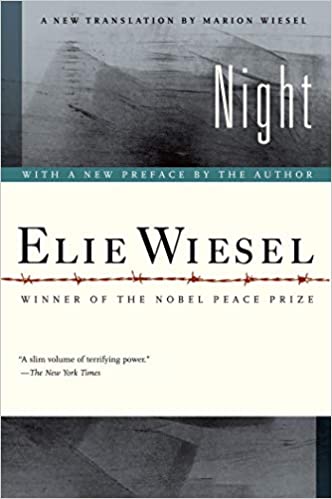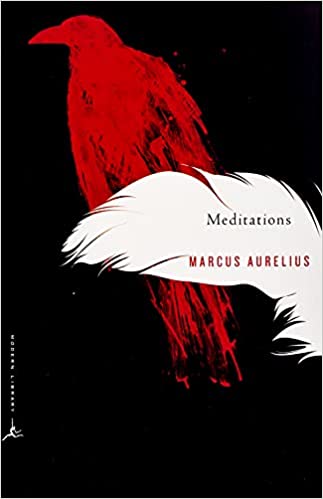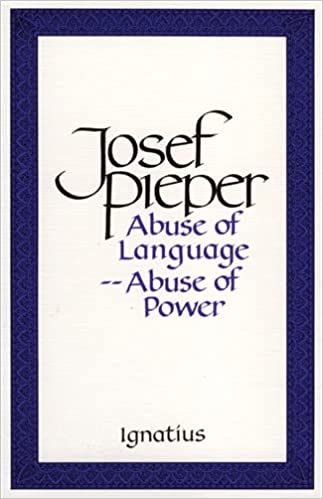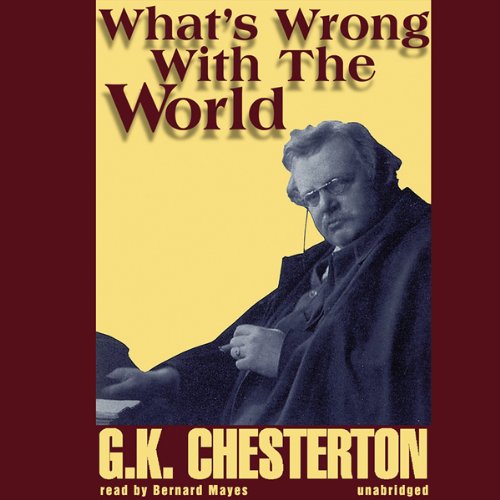Ethics
The Immortal Life of Henrietta Lacks
Her name was Henrietta Lacks, but scientists know her as HeLa. She was a poor Southern tobacco farmer who worked the same land as her slave ancestors, yet her cells—taken without her knowledge—became one of the most important tools in medicine: The first “immortal” human cells grown in culture, which are still alive today, though she has been dead for more than sixty years. HeLa cells were vital for developing the polio vaccine; uncovered secrets of cancer, viruses, and the atom bomb’s effects; helped lead to important advances like in vitro fertilization, cloning, and gene mapping; and have been bought and sold by the billions.
Yet Henrietta Lacks remains virtually unknown, buried in an unmarked grave.
Henrietta’s family did not learn of her “immortality” until more than twenty years after her death, when scientists investigating HeLa began using her husband and children in research without informed consent. And though the cells had launched a multimillion-dollar industry that sells human biological materials, her family never saw any of the profits. As Rebecca Skloot so brilliantly shows, the story of the Lacks family—past and present—is inextricably connected to the dark history of experimentation on African Americans, the birth of bioethics, and the legal battles over whether we control the stuff we are made of.
Over the decade it took to uncover this story, Rebecca became enmeshed in the lives of the Lacks family—especially Henrietta’s daughter Deborah. Deborah was consumed with questions: Had scientists cloned her mother? Had they killed her to harvest her cells? And if her mother was so important to medicine, why couldn’t her children afford health insurance?
Intimate in feeling, astonishing in scope, and impossible to put down, The Immortal Life of Henrietta Lacks captures the beauty and drama of scientific discovery, as well as its human consequences.
More info →Aeropagitica
From Amazon:
"John Milton was celebrated and denounced in his own time both as a poet and as a polemicist. Today he is remembered first and foremost for his poetry, but his great epic Paradise Lost was published very late in his life, in 1667, and in his own time most readers more readily recognized Milton as a writer of prose. This superbly annotated new book is an authoritative edition of Milton’s major prose works, including Of Education, The Tenure of Kings and Magistrates, and the Divorce tracts, as well as the famous 1644 polemical tract opposing licensing and censorship, Areopagitica."
Night
Night is Elie Wiesel's masterpiece, a candid, horrific, and deeply poignant autobiographical account of his survival as a teenager in the Nazi death camps. This new translation by Marion Wiesel, Elie's wife and frequent translator, presents this seminal memoir in the language and spirit truest to the author's original intent. And in a substantive new preface, Elie reflects on the enduring importance of Night and his lifelong, passionate dedication to ensuring that the world never forgets man's capacity for inhumanity to man.
Night offers much more than a litany of the daily terrors, everyday perversions, and rampant sadism at Auschwitz and Buchenwald; it also eloquently addresses many of the philosophical as well as personal questions implicit in any serious consideration of what the Holocaust was, what it meant, and what its legacy is and will be.
More info →Meditations
Nearly two thousand years after it was written, Meditations remains profoundly relevant for anyone seeking to lead a meaningful life.
Few ancient works have been as influential as the Meditations of Marcus Aurelius, philosopher and emperor of Rome (A.D. 161–180). A series of spiritual exercises filled with wisdom, practical guidance, and profound understanding of human behavior, it remains one of the greatest works of spiritual and ethical reflection ever written. Marcus’s insights and advice—on everything from living in the world to coping with adversity and interacting with others—have made the Meditations required reading for statesmen and philosophers alike, while generations of ordinary readers have responded to the straightforward intimacy of his style. For anyone who struggles to reconcile the demands of leadership with a concern for personal integrity and spiritual well-being, the Meditations remains as relevant now as it was two thousand years ago.
In Gregory Hays’s new translation—the first in thirty-five years—Marcus’s thoughts speak with a new immediacy. In fresh and unencumbered English, Hays vividly conveys the spareness and compression of the original Greek text. Never before have Marcus’s insights been so directly and powerfully presented.
With an Introduction that outlines Marcus’s life and career, the essentials of Stoic doctrine, the style and construction of the Meditations, and the work’s ongoing influence, this edition makes it possible to fully rediscover the thoughts of one of the most enlightened and intelligent leaders of any era.
More info →Abuse of Language, Abuse of Power
One of the great Catholic philosophers of our day reflects on the way language has been abused so that, instead of being a means of communicating the truth and entering more deeply into it, and of the acquisition of wisdom, it is being used to control people and manipulate them to achieve practical ends. Reality becomes intelligible through words. Man speaks so that through naming things, what is real may become intelligible. This mediating character of language, however, is being increasingly corrupted. Tyranny, propaganda, mass-media destroy and distort words. They offer us apparent realities whose fictive character threatens to become opaque. Josef Pieper shows with energetic zeal, but also with ascetical restraint, the path out of this dangerous situation. We are constrained to see things again as they are and from the truth thus grasped, to live and to work.
More info →What’s Wrong with the World
In this important book, G.K. Chesterton offers a remarkably perceptive analysis of social and moral issues, even more relevant today than in his own time. With a light, humorous tone but a deadly serious philosophy, he comments on errors in education, on feminism vs. true womanhood, on the importance of the child, and other issues, using incisive arguments against the trendsetters’ assaults on the common man and the family.
Chesterton possessed the genius to foresee the dangers of implementing modernist proposals. He knew that lax moral standards would lead to the dehumanization of man. In this book, he staunchly defends the family against those ideas and institutions that would subvert it and thereby deliver man into the hands of the servile state. In addressing what is wrong, he also shows clearly what is right, and how to change things in that direction.
More info →
